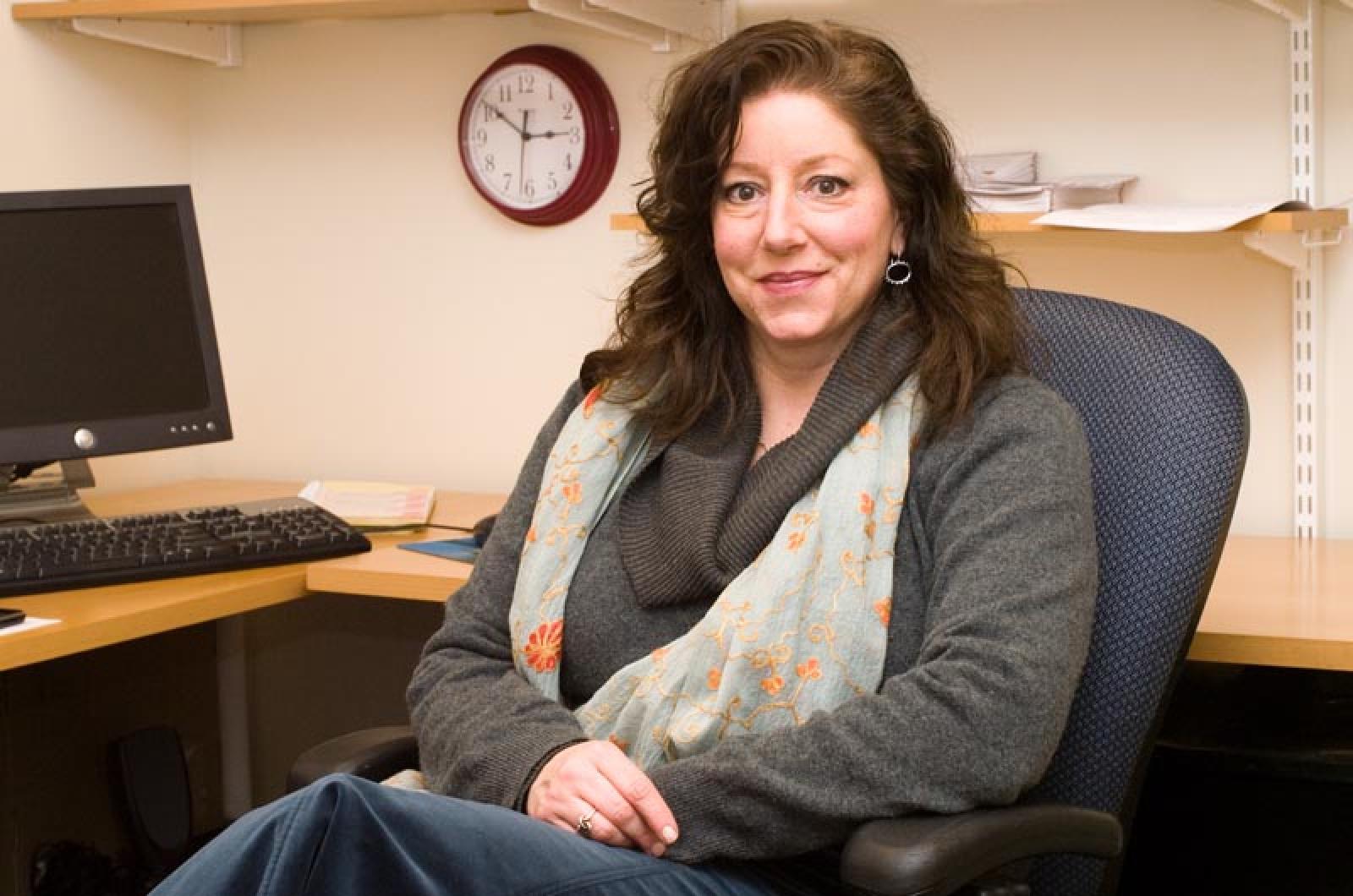For nearly 30 years, it has solved disputes that were heading to small claims court. It has helped resolve differences between business partners, those going through divorce or custody cases, and it has even run seminars on how town conservation commissions and other agencies deal with emotional and consequential issues involving land use and planning.
But vital as its role has become, as of late last year the Martha’s Vineyard Mediation Program was all but broke. The group, a nonprofit, lost its state funding in 2009, a result of the financial crisis, and with the ending of its yearly subsidy of up to $40,000 a year went its part-time executive director and even its ability to pay rent for its Tisbury office on time.
“The money just fell off a cliff,” said Roland Miller, president of the program since last fall. “We just kind of limped along, solely on volunteer help.”
This week all that changed when the mediation program announced that it has received its first state grant in two years: $28,400 from the legislature, administered by the Massachusetts Office of Public Collaboration at the University of Massachusetts in Boston. It has just hired a new part-time program administrator. It has caught up on its rent. And in March it will run a training program to bring in new volunteer mediators to serve the Vineyard.
Also known as the Martha’s Vineyard Center for Dispute Resolution, the program began in 1984 and was created by the late judge Herbert E. Tucker Jr. of Oak Bluffs and Thomas Teller, the retired clerk magistrate from Edgartown.
The program does much of its work in small claims court, where volunteers stand by during two court sessions a month to help resolve disputes involving loans, rents, repairs, wages and other conflicts when both parties agree to try mediation. Solving disagreements outside of court can save both sides uncertainty, time, money and perhaps lasting ill will.
Using the mediation program costs those in conflict nothing and eases burdens on the court. The program mediates 40 to 50 cases a year, according to the office. “As mediators,” says its literature, “our goal is to promote dialogue between disputing parties and to help them come to a mutually agreeable resolution.” Parties reach a mediated settlement in about half the time, the program says.
“Every mediator is trained and has a mediation certificate,” said Mr. Miller, who lives in Vineyard Haven. “And they must also have six hours of continuing education each year.” Right now the program has 17 mediators, just under half of them seasonal residents volunteering part of each year, said Deborah Medders, who is Mr. Miller’s predecessor.
The Vineyard grant is one of 15 announced recently by the state, each going to similar programs across the commonwealth. The university office overseeing the distribution of the grants is also working with these programs on future budgets, so Mr. Miller believes the funding will continue without further interruption.
With that hope in mind, the group also announced this week that it will host a basic mediation training program for new volunteers in early March. The course takes 32 hours over two weekends — March 2 and 3 and March 9 and 10 — to complete. It is led by Ed Greenbaum, professor emeritus of law at Indiana University. The cost is $400 and includes all course materials.
Meanwhile, the organization recently hired Becca Rogers of West Tisbury to be its part-time program coordinator at the office off State Road in Tisbury. Ms. Rogers, who has lived on the Island for 16 years, recently worked as a project manager in the construction business. She helps run the office and also takes calls from those interested in using the mediation program.
Mr. Rollins offered his thanks to state Rep. Tim Madden, state Sen. Dan Wolf, their staffs and Ms. Medders for working hard to secure the new grant. Describing the effort to catch up on bills, cover the rent and phones and the internet and pay for a staff member to help run the office roughly 10 hours a week, Mr. Rollins said of the new funding: “It’s all spoken for.”
For more information about the mediation program, its services or the training program in March, call 508-693-2999, email info@mvmediation.org, or visit mvmediation.org.




Comments
Comment policy »